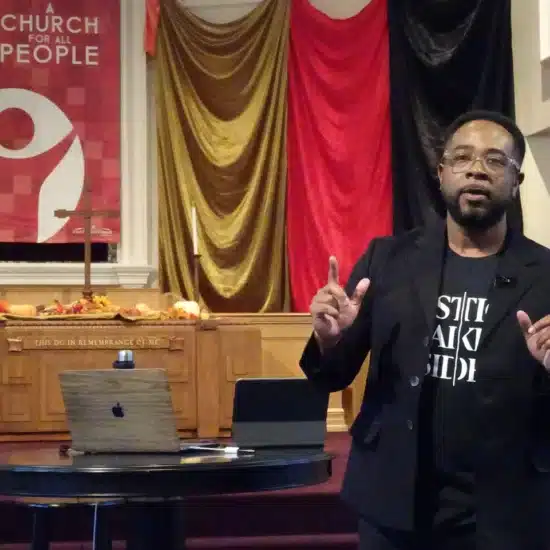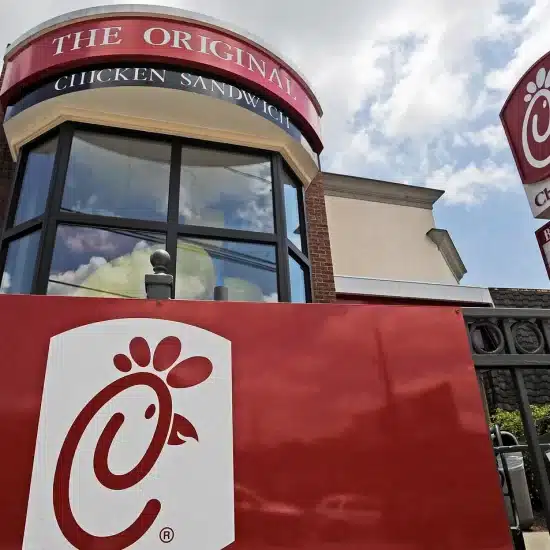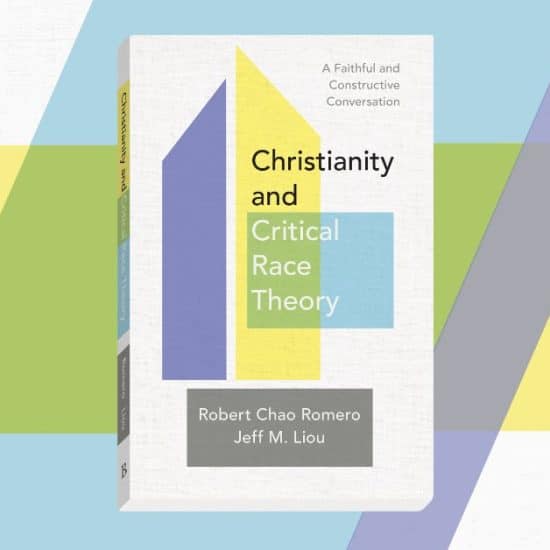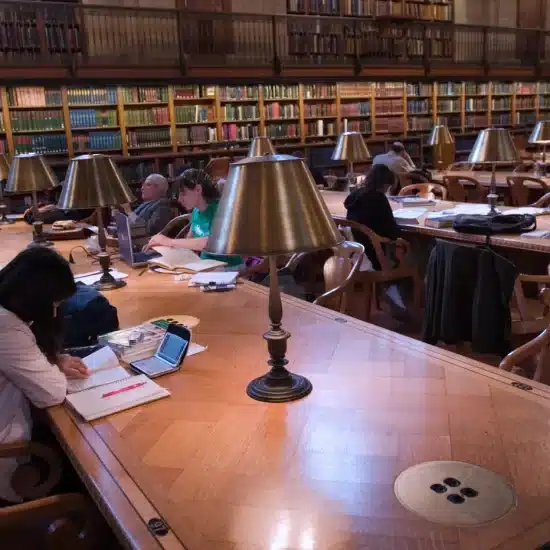
Until recently, you were probably unfamiliar with critical race theory unless you were a legal scholar or spent time deep, deep down in the rabbit holes of Twitter debates.
Those days are over.

Jon Mathieu
CRT has become the flashpoint in a new culture war. Republicans in state legislatures across the nation are pushing to ban its teaching in schools and censor how educators talk about race. On blogs and in state capitols, it is portrayed as an evil that sows division and provokes shame. Even worse to its opponents, CRT is viewed as “unpatriotic.” But, as with most things, it depends on who you ask.
Lost in all this frenzy is any real understanding of CRT’s actual content. Such an explanation is not possible in a piece this short because this body of knowledge is a complex set of legal theories and scholarly analyses touching on race, history, social construction, institutional development, and the law. Instead, my aim is to reflect theologically on this brewing, but unnecessary and unfortunate, controversy.
Let’s start with an example of what actual critical race theorists claim. Wheaton College philosopher and CRT scholar, Nathan Luis Cartagena states: “Critical Race Theory is a legal movement aimed at understanding, resisting, and remediating how US law and legal institutions such as law schools have fostered and perpetuated racism and white supremacy before and after Brown v. Board I & II.”
This succinct statement draws from the work of scholars like Kimberlé Crenshaw. The UCLA professor is considered one of the founders of CRT and has written extensively on the topic. Her work can be partially summarized as contending that (1) legal reforms meant to eliminate racism have simply repackaged it, (2) such reforms have removed the symbols of racism while continuing to allow for Black people to be concretely oppressed, and (3) strategies must be implemented to give legal power to people of color.
When attacks are launched against “CRT” by its opponents — whether on social media, the floor of state legislatures, or from church pulpits — they are overly simplifying the rich and varied theories that are only hinted at by the examples above. These onslaughts are rarely offered in good faith. Instead, CRT has become the latest boogeyman for cultural warriors. This was explicitly acknowledged by Christopher Rufo, a self-described “rabble rouser” and senior fellow at the conservative Manhattan Institute, who has confessed:
We have successfully frozen their brand — “critical race theory” — into the public conversation and are steadily driving up negative perceptions. We will eventually turn it toxic, as we put all of the various cultural insanities under that brand category. The goal is to have the public read something crazy in the newspaper and immediately think “critical race theory.” We have decodified the term and will recodify it to annex the entire range of cultural constructions that are unpopular with Americans.
Perhaps a little theological reflection can help us see the real value of critical race theory. Rather than parse the definitional debates, let’s assume that CRT includes (but is not limited to) the current trends of anti-racism work that takes seriously the perspectives of people of color, that understands racism to be not only individual but also systemic and institutional, and that is not satisfied with cosmetic reforms but looks to effect tangible equity and justice for oppressed peoples.
How does such an outlook fit within the Christian tradition?
One response is to see CRT as a gift that parallels other illuminations God has bestowed on history’s prophets. Such “prophetic imagination,” as interpreted by the biblical scholar Walter Brueggemann, is marked by a challenge to the status quo and an energy that moves people to act. These agents of God use parables — just as Jesus did to great effect — to challenge people’s perceptions and actions. The Hebrew prophets, such as Isaiah, rain down litanies of “woes” on those enjoying economic and social privilege while others languish in poverty and oppression.
Critical race theory can be seen in a similar prophetic vein. It challenges the status quo of White Supremacy by calling attention to how racial oppression works. It refuses to accept anti-discrimination laws as sufficient (though they are necessary) when there have already been centuries of slavery, segregation, Jim Crow laws, and redlining that have ensured wealth and opportunity are distributed unevenly by race. Ignoring these realities as if the civil rights movement defeated racism once-and-for-all is both incorrect and unjust. Such thinking leads to further poverty, dehumanization, and even death for people of color; it allows evil to linger and grow.
 Gifts of prophecy, if we let them, can energize us to make change. That involves difficult and painful work, but it is the presence of God in our midst. It requires identifying the systemic racism in our own institutions. It means honestly accounting for the ways our churches and denominations participate in White Supremacy — even if our official policies are “colorblind.” It involves significant changes to our committees and bylaws, to our preaching and formation, to our seminaries and synods, to every way Christians and the Church go about our business.
Gifts of prophecy, if we let them, can energize us to make change. That involves difficult and painful work, but it is the presence of God in our midst. It requires identifying the systemic racism in our own institutions. It means honestly accounting for the ways our churches and denominations participate in White Supremacy — even if our official policies are “colorblind.” It involves significant changes to our committees and bylaws, to our preaching and formation, to our seminaries and synods, to every way Christians and the Church go about our business.
I do not claim to be an expert on CRT or how to glean its wisdom. I’m a White pastor of a brand-new church that is trying its best to be anti-racist. What that has meant for our community, among other things, is replacing sermons with dialogues that engage the perspectives of Black, Latinx, Asian-American, and other BIPOC theologians, activists, artists, and pastors. Instead of hearing about my opinions and experiences, our community — myself included — has had the chance to learn from each other and people inhabiting different social locations.
In our group, we have found that this practice — and CRT more generally — is a gift that helps us see, understand, interrogate, and work against the racial injustice in our midst.
Will we accept this gift from God?
Jon Mathieu is the pastor of a new reimagining of church at Harbor Online Community.






